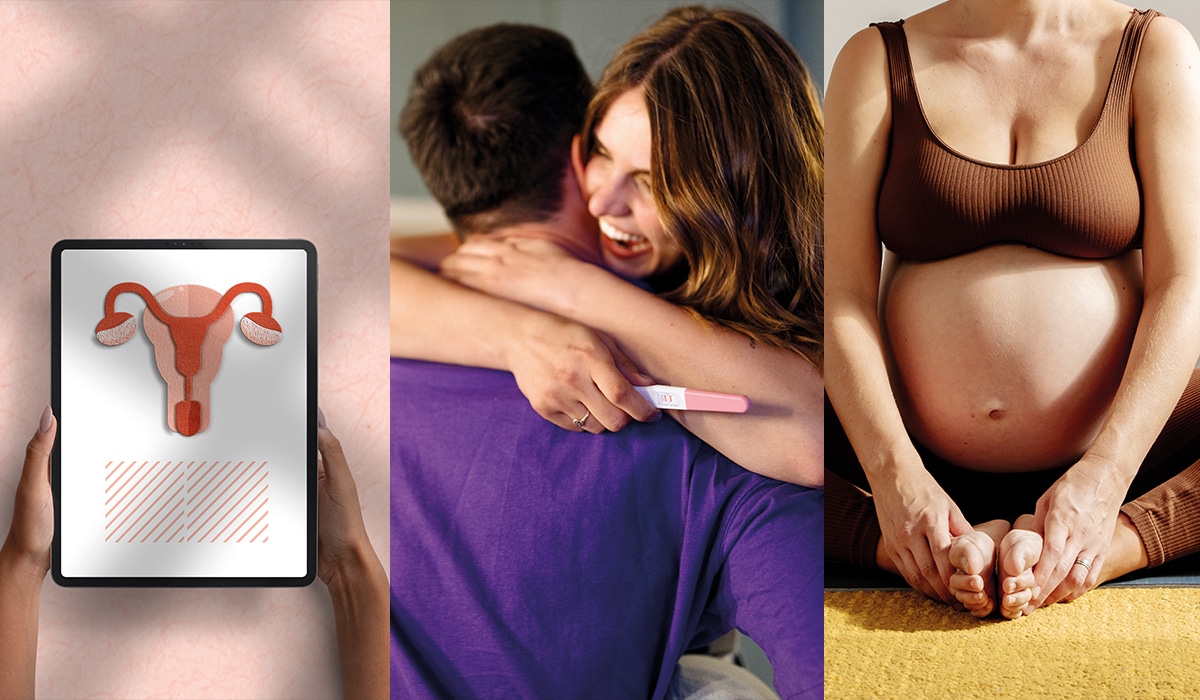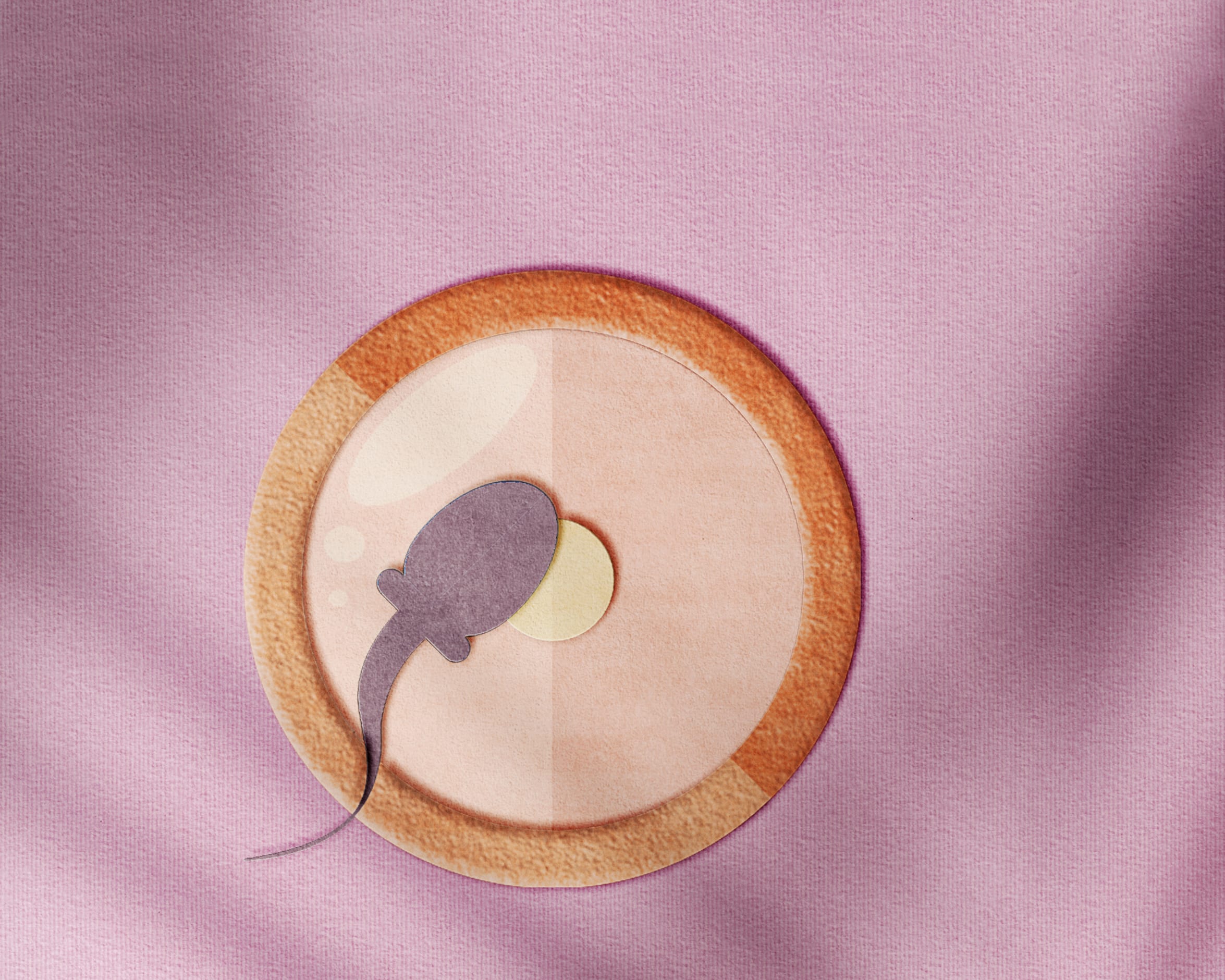Your reproductive health is key if you’d like to have children, and becomes of utmost concern if you’re not getting results. Before you sign up for medical or pharmacological intervention, try a more natural route to first get your body in tip-top health.
Dr Mariyam Kisten, a Gauteng phytotherapy practitioner, says this approach not only supports the reproductive system but all systems that feed into it, thus supporting overall well-being.
1. Balanced diet
“Food is medicine and is the primary place to start,” says Dr Kisten. A diet rich in healthy fats, dark leafy greens, fibre and plant proteins, and low in refi ned carbs, trans fats, caffeine and alcohol, will promote fertility.
Maintaining a healthy weight is a top priority. Metabolic syndrome or insulin resistance, which is often linked with being overweight, causes your body to be in a constant, low-grade state of inflammation, which impacts fertility.
2. Regular exercise
Regular to moderate vigorous exercise is beneficial for reducing multiple chronic illnesses, which can impact fertility. Try to do aerobic exercise for at least 30 minutes per day, such as walking, dancing, swimming or even gardening.
Women with a body mass index (BMI) of over 30 – that is, obese or bordering on obesity – are less likely to ovulate. On the other end of the scale, too much rigorous exercise can also lead to poor fertility. It’s important to find the best exercise to suit your body, advises Dr Kisten.

3. STtress management
Stress is a given in our fast-paced world, but stress aggravates any underlying medical conditions and can do a number on your body’s normal functioning. Even the stress of ensuring you’re in the best shape can add even more stress!
Stressful stimuli, which tend to trigger cortisol, throws your entire hormone balance into chaos. It is important to engage in some regular form of relaxation, such as breathwork, guided meditations, yoga or pilates to help reduce stress.
4. Supplements
The core vitamins and minerals that your body needs to function optimally – and which are also important for fertility – include vitamins D, B6 and B12, antioxidants like vitamins C and E, zinc, iron, selenium and folic acid. If you’re not receiving enough of them through your diet, you can take supplements. There are also many fertility-specific multivitamin and herbal supplements available. Consult a medical practitioner to have your vitamin levels checked and guide you on supplementation.
5. ENOUGH SLEEP
Too little sleep is unhealthy, but so is too much. Many studies have shown that limited or excessive sleep can lead to health problems such as cardiovascular disease and metabolic disorders – and therefore affect fertility.
In addition, the hormone leptin, produced when you get enough regular sleep, directly affects ovulation since it helps to regulate steroidogenesis, the process by which the ovaries maintain reproductive tissues. Establish a healthy sleep-wake cycle, try to get seven to nine hours per night and avoid oversleeping for optimal health.
Words by: Saadiqah Schroeder.
Photography: Gallo/Getty Images





